Understanding Introverts at Work
There are two types of people in the world: introverts and extroverts. No matter your background, race, sexuality, gender; you’re either one or the other. Whether you’re at the extreme end of the scale or only just over the threshold, due to their nature, it can be argued that introverts have a harder time in the workplace than their extrovert counterparts.
The difference between extroverts and introverts
Extroverts are expressive, outgoing and comfortable interacting with their surroundings or external environment - hence the ‘ex’. Introverts, on the other hand, are reserved, quiet and more comfortable in their own company. Hopefully by now, you should know whether you’re introverted or extroverted, but if not, the best way to establish which one you are is by thinking about where you get your energy from (don’t worry, we’re not about to go all spiritual on you).
Extroverts recharge their batteries by communicating with others. They enjoy engaging with other people, so to relax, their go-to is to socialise with friends. Introverts on the other hand are less social beings, so prefer to be on their own to top up their energy levels.
This doesn’t mean that extroverts don’t ever like to spend time alone, nor does it mean introverts never socialise with friends, it’s what we generally tend to do when we’re in need of a battery recharge.
In the workplace, we need to recognise that introverts can do anything that extroverts can. They may just do it in a way that matches their introverted preferences. However, being the way they are, introverts are unlikely to put themselves into a job that requires a lot of extraverted behaviour. For example, when shopping for a new car, it’s highly unlikely the car salesperson that approaches you is an introvert (an introvert probably wouldn’t approach you!) You’re more likely to find an introvert in an analytical or creative kind of role, a kind of role that would make an extrovert pull their hair out!
So, how can we help introverts thrive in the workplace?
As much as you may want to, you cannot stop an introvert from being an introvert. But there are a number of things you can do to help an introvert thrive in the workplace.
1. Don’t force them to speak
In a meeting you can spot the extroverts a mile off. They are the first to offer their opinion and share their ideas. Introverts are thinkers. They prefer to sit back, listen, and share their ideas if they want to. Don’t force them to speak. If you ask an introvert in the middle of a meeting if they have any thoughts, the chances are they’ll say no, even if they do.
2. Appreciate their need to work alone
As we’ve mentioned, introverts get their energy from spending time on their own. Although many aspects of a person’s job requires working as a team, appreciate that introverts need some time to work on their own. They’re not opposed to working with others, but if they do it day in day out, it will have a massive impact on their energy levels.
3. Give them time
If you ask an introvert to do something that requires more extroverted behaviour, give them a bit of time to think about it first. The words, “Can you just give X a call”, creates a wave of dread in an introverts brain. In comparison to an extrovert who would pick up the phone straight away, an introvert needs time to think about what they’re going to say, and actually, pluck up the courage to pick up the phone!
4. Ask for suggestions personally
Because of their nature, an introverts ideas and opinions are very rarely heard, but it’s very likely their brain will be full of them! If you have an introverted member of staff, call them in for a one to one brain storming session. Ask them personally for their ideas and suggestions.
5. Listen to them
It’s a rarity that an introvert will speak in a meeting or share their ideas in a brainstorming session, so if they do, listen to them! Even if the idea they come up with is rubbish, at least acknowledge that they have contributed and thank them for sharing their opinion. Doing this will encourage them to speak up more in the future.
In Summary: at work, we have to appreciate that everyone is different. Being able to identify our introverted employees and embracing their characteristics will help them to thrive in the workplace.

